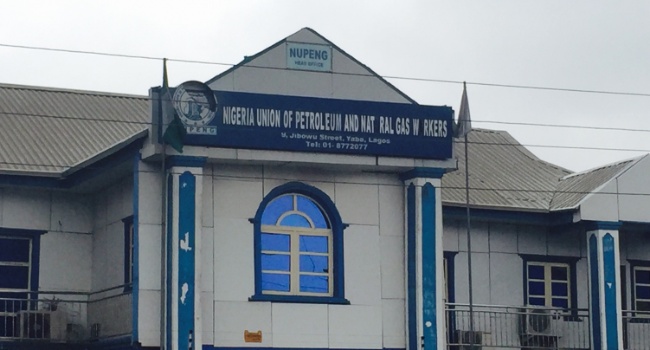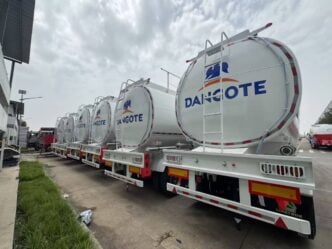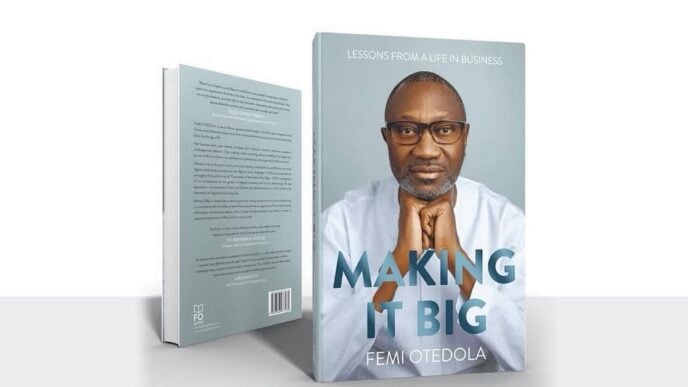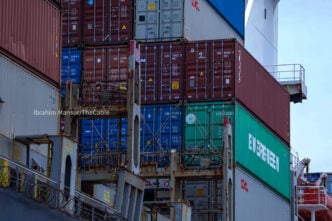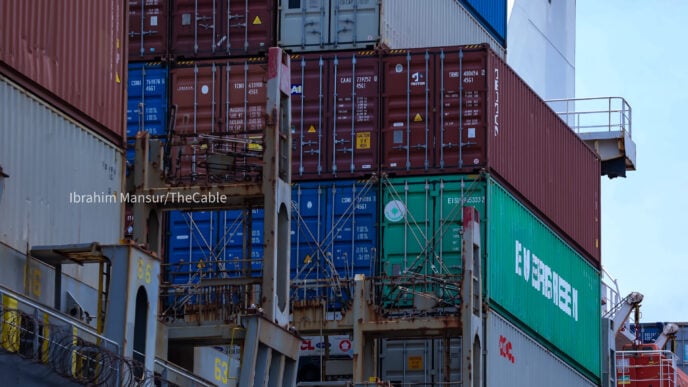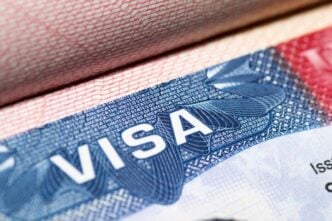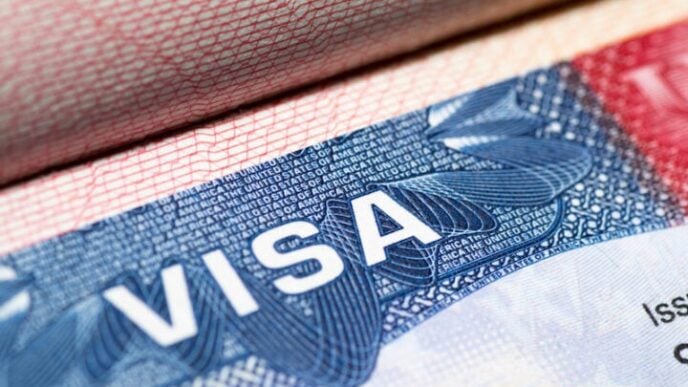FirstNation Airways has accused the Economic and Financial Crimes Commission (EFCC) of damaging its reputation through what it called an unjust “media trial”, two years after a Lagos court acquitted Kayode Odukoya, its chief executive officer, of fraud charges.
In a statement, the airline said that despite a December 2023 judgment by the Lagos State Special Offences Court, which discharged Odukoya and his companies of all allegations, the EFCC has yet to update its records to reflect the verdict.
“The deliberate, intense media trial by EFCC (curious that EFCC is yet to update its website with the fact that we are acquitted on all counts, since December 2023) and the high-profile nature of the trial imposed an unjust stigma on our reputation,” the company said.
BACKGROUND OF THE CASE
Advertisement
Odukoya and FirstNation were first arraigned alongside Bellview Airlines Limited on a seven-count charge bordering on fraud, forgery, stealing and perjury in 2018.
The EFCC alleged that the defendants forged documents and misrepresented facts in securing credit facilities worth about N1.7 billion.
The trial, which spanned nearly six years, centred on a contractual dispute between the airline and Polaris Bank, formerly known as Skye Bank.
Advertisement
The prosecution had called four witnesses and tendered several documents before closing its case in 2020.
The defendants had filed a no-case submission, which was dismissed by Mojisola Dada, presiding judge, on October 22, 2021.
The defendants, however, appealed the ruling on the no-case submission.
The defendants eventually opened their defence at the trial court after the ruling of the court of appeal in February 2023.
Advertisement
JUDGMENT
Delivering a 68-page judgment in December 2023, Dada dismissed all the charges against the defendants.
In the document obtained by TheCable, Dada held that the prosecution’s case “collapsed like a pack of cards” after failing to prove beyond a reasonable doubt that Odukoya or his companies committed any crime.
The judge held that the EFCC’s case largely depended on a “Memorandum of Loss of Certificate of Occupancy” (Exhibit P4), but the prosecution failed to prove its authenticity. She noted that while the cover page of the document appeared original, the memorandum itself and all attachments were only photocopies.
The judge stressed that if such a document was meant to be submitted to a bank, there should have been evidence of receipt — such as an acknowledgement stamp or covering letter — but none was produced. She also pointed out that the memorandum was not addressed to anyone in particular, making it doubtful that the bank ever received or acted on it.
Advertisement
She faulted the EFCC for attempting to “certify” the document even though it was not the original recipient, describing the move as improper. Furthermore, no official from the Registrar of Titles was called to confirm whether they had received the document or to validate any correspondence from the defendant.
According to the court, this suggested that the memorandum was never sent to the bank in the first place, and even EFCC had no proof of receiving it. She added that contrary to the prosecution’s claim, Exhibit P4 was not prepared on Odukoya’s letterhead.
Advertisement
On the charge of stealing, Dada upheld the defence argument that the alleged offence related to a loan that was being repaid and secured with other collaterals, meaning it could not be classified as theft.
“An allusion has been made to this count by the court of appeal in its ruling on the appeal on the no case submission filed by the defence in this case,” Dada held.
Advertisement
“The allusion is as rightly argued by the defence that count 4 cannot be termed stealing as AMCON has since taken over the debt, and it is in evidence that the defendants had since started liquidating same.
“This explanation offered by the defence on this count, for which the no case submission was dismissed, is acceptable that there was never an intention on the part of the defendants to permanently deprive the owner of the money in issue.
Advertisement
“There are other collateral used by the 1st defendant to secure the credit facilities apart from the controversial 29, Oduduwa Way, GRA, Ikeja, which are still in the possession of the Bank, a fact not contested by the Prosecution. This, therefore, absolves the Defendants of blame, and I so hold.”
Count three, which bordered on Perjury against Odukoya, had already been struck out by the court of appeal in February 2023.
Finally, the court held that “the totality of exhibit P4 is consequently standing on quicksand, thus making the totality of the case of the prosecution to collapse like a pack of cards. Consequently, the case of the prosecution hereby fails and is hereby dismissed. The defendants are a fortiori discharged and acquitted accordingly.”
FirstNation’s POSITION
In it’s statement, the airline said its position was further reinforced by a forensic audit conducted by one of the global “Big Four” audit firms, which was jointly appointed by both FirstNation and Polaris Bank.
According to the company, the audit confirmed that Polaris Bank “falsely inflated” its loan book, which became the subject of contention. It added that the bank subsequently petitioned the EFCC, leading to what it described as a “malicious prosecution”.
“The aviation industry is largely capital intensive and typical for airlines to run loan books, not where a lender chooses to inflate the loan book. This was the crux of our dispute with Polaris Bank,” the statement read.
FirstNation said the trial should serve as a reminder of the dangers of conflating civil disputes with criminal conduct.
“We call on the attorney-general of the federation, industry stakeholders and the public to recognise that justice must not be subverted for economic agenda,” the airline said.
“True accountability requires distinguishing between genuine criminal behaviour and inherently civil conflicts. We urge the relevant authorities to reflect on this case and initiate reforms that prevent the misuse of regulatory powers for coercion, intimidation, or harassment in the future.
“Our exoneration reaffirms that the legal process must be free from extrajudicial considerations that jeopardise innocent reputations. We remain committed to ensuring this case catalyses broader discussions on judicial and regulatory overreach.”

